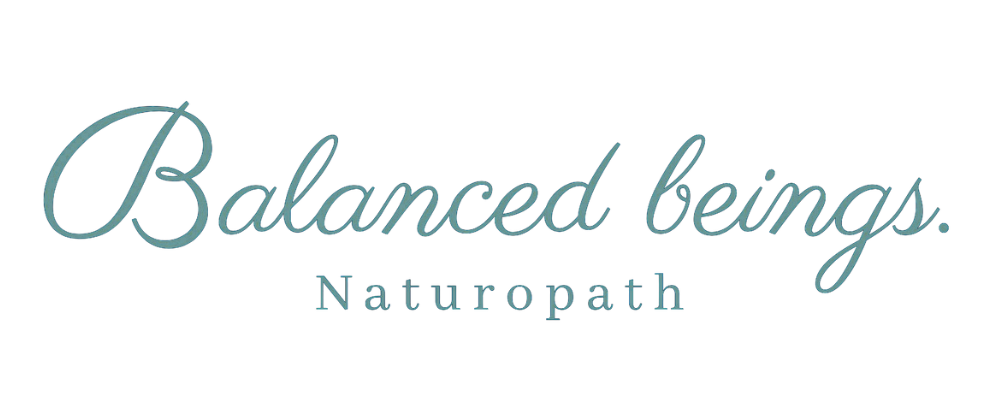Are you in a toxic relationship with coffee? Have you been noticing signs of co-dependency?
Absolutely no judgement here! I am quite partial to a creamy oat latte and I’ve sure had my Lorelai Gilmore phases (here’s looking at you 4-year Health Science degree!). However, every so often we need to take a step back and look at our health and honestly ask... Is coffee hindering or helping it? I’m not here to demonise coffee or tell you to break up and never again make up. In fact, you don’t have to look far to find studies outlining positive outcomes of caffeine in treating depression, improving mood and reducing risk of serious health conditions including liver cirrhosis and heart disease. However, like all good things, moderation is key. If you are noticing yourself unable to open your eyes in the morning until that first sip reaches your lips or if you are reaching for cup number 2 or 3 to just get you through the day, it might be time to step back from the coffee pot and take a little time a part. After all, absence makes the heart grow fonder, no?
Here are the ins and outs of caffeine that might help you decide if it’s time to put coffee on the back burner... for a short while.
Stimulates cortisol release
Caffeine stimulates our hypothalamic-pituitary-adrenocortical (HPA) axis which is a pathway that stimulates our adrenals to release cortisol. This is the pathway that is triggered when we are stressed. I could write a whole article on the effects of cortisol on our bodies (and perhaps will at a later date), but some negative actions caused by excess cortisol worth mentioning include hypertension, elevated blood sugar levels, anxiety, fatigue, digestive issues, weight gain and poor cognition.
Disrupts normal circadian rhythms
I’m sure we are well versed on how an afternoon coffee can lead to us to lying in bed counting sheep for hours that night. This is due to our natural afternoon drop in cortisol (designed to help us wind down at night for sleep) being interrupted by caffeine spiking cortisol and throwing off our circadian rhythm.
Did you also know, our body has a natural mechanism of releasing a small amount of cortisol in the morning increasing from between 6 - 8:30 am. This is also part of our circadian rhythm with the purpose of getting us out of bed and going for the day. If, when you roll out of bed, the first thing you do is down a coffee you will either have a large spike in cortisol, thus altering your perception on the amount of up and go you need in the mornings, or that natural cycle could potentially cease to work. Either way this is what creates that cycle of waking tired and needing coffee for stimulation. In order to honour our circadian rhythm, it is preferential to have coffee mid-morning, at around 10am after natural cortisol has peaked and started to decline.
If the thought of losing that morning ritual of taking a moment and sipping on a coffee before the rest of the world wakes up (or at least the kids) hurts your heart, do not fear. This ritual can be maintained simply by switching your coffee for a herbal tea, matcha, chai latte or even decaf coffee.

